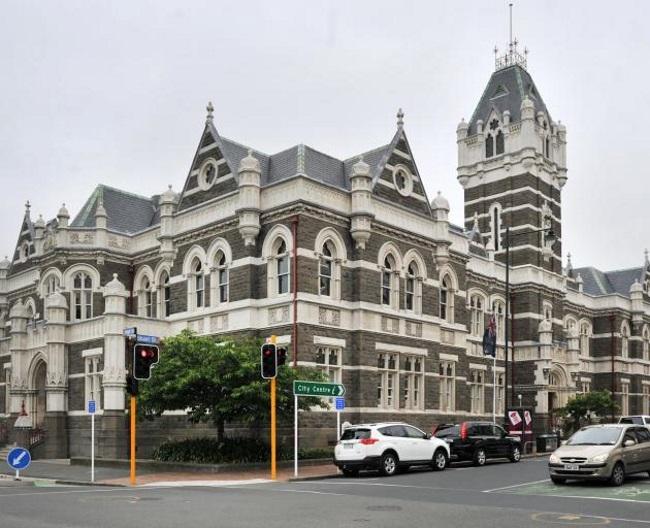‘‘Earth-shattering’’ allegations of child abuse against a prominent sportsman do not match the character of the man, his lawyer says.
The defendant, who has name suppression, has spent the last three weeks before the Dunedin District Court after pleading not guilty to injuring with reckless disregard (and an alternative assault charge).
Yesterday, both prosecution and defence gave their closing addresses to the jury, pressing their respective cases and both acknowledging the gruelling nature of the trial, which has featured a plethora of complex medical evidence.
The Crown case is that the sportsman was home with the infant on July 16, 2023 when the child’s mother was at the gym.
The prosecution said that during a window of less than an hour, he became frustrated with the perennially unsettled child and squeezed its torso, causing up to a dozen broken ribs and a fractured clavicle.
But counsel Anne Stevens KC described the ‘‘earth-shattering’’ allegations against her client as ‘‘total rubbish’’.
Such a sequence of events would require her client to have undergone a ‘‘personality transplant’’, she suggested.
‘‘To suggest he could have a brain explosion because [the baby] was unsettled does not fit; it simply does not match the man,’’ she told the jury.
Crown prosecutor Robin Bates, however, highlighted earlier text messages between the baby’s mother and the defendant which he said suggested some tension.
He said medical evidence pointed to the man gripping the baby and applying a significant force in a moment of frustration.
‘‘Big hands, strong hands, small baby,’’ he said.
‘‘Everybody can lose the plot.’’
Mrs Stevens, though, said there was no evidence from any witness that the defendant was quick to anger.
The defendant, who opted to give evidence, told the jury that on the day in question he had tried to feed, burp and cuddle the child without success.
When the infant remained upset, he called the child’s mother to return and said he became frustrated with himself.
He told jurors he put the baby in the bassinet and remained nearby.
‘‘I suggest [he] gets a gold star for how he handled [the child] on July 16,’’ Mrs Stevens said.
Much of the medical evidence centred around radiological interpretations of the infant’s injuries and their relation to its severe vitamin-D deficiency which had been detected in the aftermath.
Mr Bates pointed to the evidence of a paediatric endochrinologist who earlier told the court that low levels of the vitamin would not, alone, cause bone fragility.
Mrs Stevens countered that by highlighting the evidence of a defence expert witness whom she said gave the most common-sense explanation of what occurred.
US-based Dr Julie Mack said the infant’s rib fractures may have occurred at birth and been so microscopic they were not displaced until later and thus the evidence of healing, seen when he was later admitted to hospital, was delayed.
The prosecutor was critical of the defence experts for straying ‘‘outside their line’’ and into advocacy.
He echoed the conclusion of the Crown’s experts.
‘‘Whatever people tell you, this is not a birth injury,’’ Mr Bates said.
He warned jurors not to be swayed by sympathy, particularly for the defendant or ‘‘the family [of the child] in the middle of a nightmare’’.
They needed to approach their task ‘‘coolly, calmly, objectively’’, he said.
Mrs Stevens stressed the jury could only find her client guilty if they were sure the Crown had proven the charge against him.
‘‘A suspicion or concern can never equal guilt,’’ she said.
Judge David Robinson will sum up the case on Monday before the jury retires to consider its verdicts.
For a guilty verdict
The Crown has to prove.—
• The defendant injured his son by applying force to his torso.
• The defendant recognised his actions risked the safety of the baby.
• Despite knowing his actions risked the safety of the child, he continued.
• It was an objectively unreasonable risk to take.

